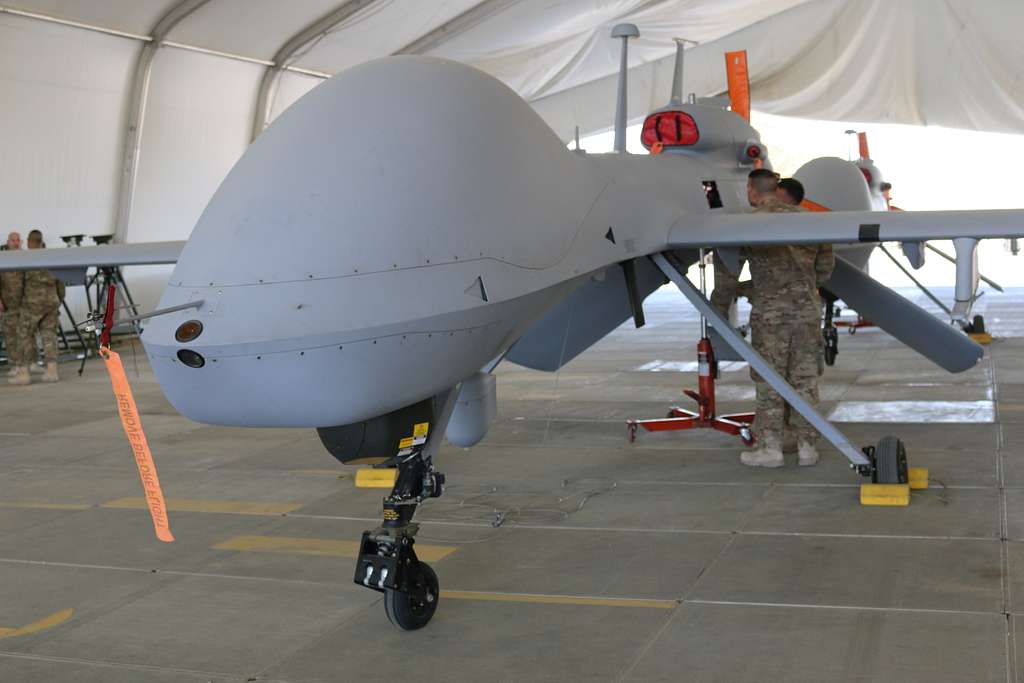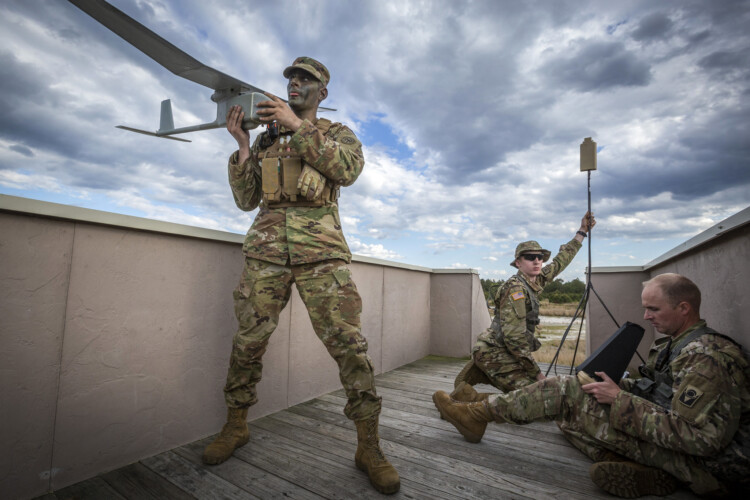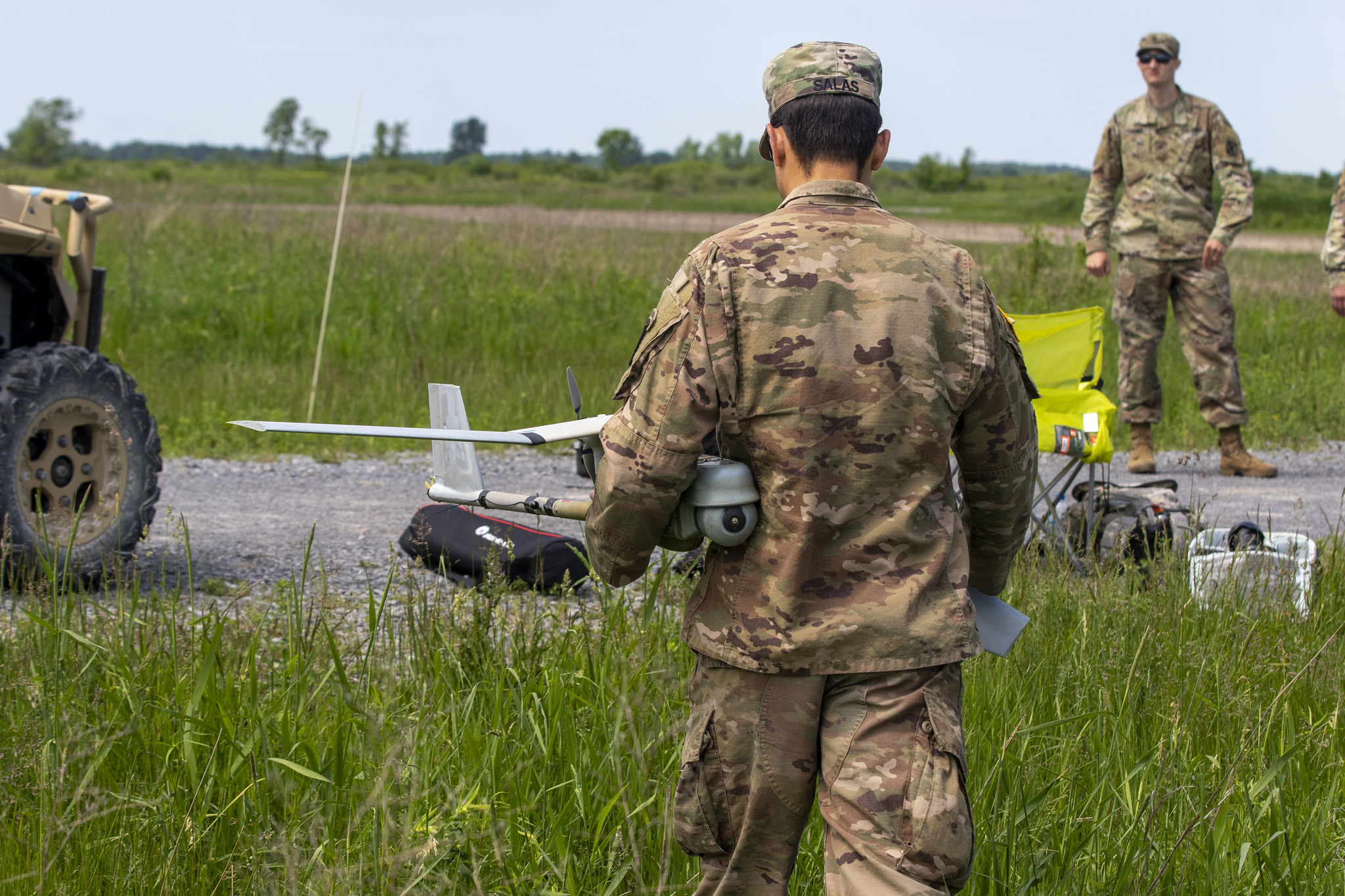These operators can manage drones that fly over Afghanistan in the morning and conduct surveillance over Syria in the afternoon. They then power down in the evening, all from the same desk.
Yet, just a short drive away from these bases and compounds, life moves regularly. Schools run, families picnic, and children play. It’s an unprecedented duality.
According to a 2013 study published in the Journal of Traumatic Stress, drone operators experienced similar levels of mental stress as aircraft pilots on the ground in combat zones. It is a significant insight into the mental toll of remote warfare.
These experiences underscore the challenge: The battleground’s physical remoteness doesn’t diminish the intensity of the job.
The line between the home and war front becomes incredibly blurred with remote warfare. It demands mental agility few other professions require.
PTSD and Remote Warfare
Many envision PTSD as a consequence of direct, frontline combat. But the spectrum of its triggers is broad, especially in the age of remote warfare.
A 2011 Armed Forces Health Surveillance Center study revealed that nearly 9% of U.S. Air Force drone operators reported “high operational stress.” It came with a significant subset of those indicating symptoms aligned with PTSD.
Unlike their frontline counterparts, these operators don’t encounter physical threats like IEDs. However, they witness real-time video feeds, sometimes detailed enough to discern targets’ facial expressions.

This intimate yet detached form of engagement brings its psychological toll. A drone pilot might execute a strike during their shift and, just moments later, watch as first responders and families rush to the scene.
Such visceral images can create dissonance. It amplifies feelings of guilt and moral injury.
Remote warfare continues to be a key component of modern military strategy. Understanding and addressing its distinct psychological challenges is crucial for the operators and the entire fabric of military readiness and effectiveness.
Stigma and Silence: The Hesitation to Seek Help
Unfortunately, a lingering perception exists that those engaged in remote warfare face different risks or challenges than their counterparts on the physical battlefield.
This belief can deter remote operators from seeking help or voicing their struggles out of fear of being perceived as weak or ungrateful.
Mental and emotional battles don’t discriminate based on proximity to the frontline. Recognizing and addressing the unique struggles of remote warfare personnel is crucial. Not just for their well-being but for the overall efficacy and ethics of military operations.
Support Systems for the Remote Warrior
Fortunately, as awareness of these challenges grows, so do the support systems. More military organizations are now offering tailored counseling and mental health services for those engaged in remote warfare.
Family support groups, training programs, and awareness campaigns are steadily chipping away at the stigma. It ensures that those on the psychological frontlines have the necessary tools and support.
Remote warfare, with its blend of cutting-edge technology and strategic prowess, undeniably shapes the future of military operations. But as we forge ahead, it’s vital to remember the human element behind the screens and controls.











COMMENTS